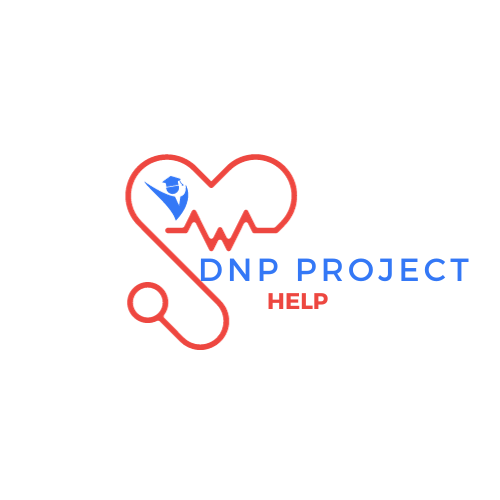
In this GCU NRS-450 Nursing Informatics Course, we learn about how to collect, organize, and study patient information using different methods and technologies. We’ll focus on using technology to document care and talk well with the healthcare team. This course also teaches us about following professional rules and keeping health information safe and private.
Nursing Informatics in Health Care Example Paper
McGonigle and Mastrian (2021) say nursing informatics is a special part of nursing where nurses use data, information, skills, and wisdom. It combines nursing with information and computer science. Technology has changed how nursing works and has helped with giving care, making decisions, and guessing what might happen in the future with care using data. Technology can make care safer and better (Schoenbaum & Carroll, 2020).
But technology keeps getting better, and new ways of doing things are always coming up. Even with all this technology, people still need to be involved to make sure patients get good care. This plan talks about what a nurse who knows about informatics does, especially in a team with different kinds of healthcare workers. It also talks about how much better care can be when nurses are really involved with technology. Finally, it talks about some good things and some problems that can happen when a nurse who knows about informatics is part of a team.
Nursing Informatics and the Nurse Informaticist
Recent changes in healthcare, like the COVID-19 pandemic, have shown us how important it is to use technology to improve healthcare and help patients, even from far away. The National League for Nursing said that nursing programs should teach students about healthcare technology. But sometimes, nurses have too much work to do, so they need help from other healthcare workers (McBride & Tietze, 2022).
Nurse informaticists are experts who know a lot about using data to help with communication, decision-making, and keeping track of how things are going in hospitals. They’re really important in teams with different kinds of healthcare workers because they help everyone work together better. Nurse informaticists can also help make rules and plans about using technology and make sure patients are getting good care.
Nurse informaticists have been really helpful in picking the right technology for hospitals and making sure it’s used the right way. They make sure the technology works well for both the hospital staff and the patients, so everyone gets what they need and stays safe (McBride & Tietze, 2022).
Nurse Informaticists and Other Health Care Organizations
Many places have added a role called “nurse informaticists” to their healthcare teams. These nurses help other nurses, doctors, patients, and others by setting up ways to organize information and using technology to make things easier. According to McBride and Tietze (2022), nurse informaticists have made patients safer and saved money on healthcare (P.10). They’ve done this by using technology to give medicine safely, predicting changes in patient care based on past patterns, and making it easier to find and use patient records.
In 2013, Nursing Education for the Healthcare Informatics (NEHI) made a model for nurse informaticists to work with other healthcare workers and improve how care is given. According to this model, nurse informaticists help make laws about healthcare and make sure the technology used for care is good and safe. They also help keep track of data and make sure it’s used well (McGonigle & Mastrian, 2021). So, these nurses help connect the medical side of care with the technology side to make sure things are done safely and efficiently. In a team with different healthcare workers, nurse informaticists start conversations and help everyone use technology to work together better.
Informaticists also make sure the team has good electronic health records that help make decisions based on evidence. They also make sure patient information is kept safe and private (McGonigle & Mastrian, 2021). Nurse informaticists make sure everyone on the team uses technology and patient information in the same way so that care isn’t interrupted, and mistakes are avoided. They do this by making rules and plans for how to use technology safely and effectively.
Impact of Full Nurse Engagement in Health Care Technology
Patient Care
Using healthcare technology helps nurses take better care of patients, manage their work, and control costs. Nowadays, nurses follow evidence-based practice, meaning they use the best evidence available to make decisions about patient care. Being fully involved in healthcare technology helps nurses keep up with the latest guidelines and make informed decisions. With technology, nurses can access important information online and predict future outcomes based on past data. This leads to safer and more up-to-date patient care.
Protected Health Information
Protected health information (PHI) is sensitive patient data that needs to be kept private. Nurse informaticists help make sure this information stays safe by improving communication between different healthcare team members. However, sharing patient information, including PHI, is necessary for good coordination of care.
Nurse informaticists make sure this information is protected by setting up secure communication methods within the team and regularly checking to ensure patient privacy and security are maintained. They also make sure all staff receive training on how to handle patient information safely and stay updated on privacy rules and guidelines. This helps maintain professionalism and keeps everyone aware of privacy concerns.
Workflow
Getting nurses involved in healthcare technology makes their work easier and more efficient. They can use technology to provide care remotely and complete tasks more quickly, reducing the chances of errors. Plus, technology helps nurses communicate better with other healthcare professionals.
Costs and Return on Investment
While adopting new technologies may cost money upfront, they can ultimately save money by making care more efficient. Although initial costs may be high due to purchasing and training, the long-term benefits include improved patient safety, reduced costs, and better quality of care.
Opportunities and Challenges
Adding nurse informaticists to healthcare teams can improve how technology is used and boost collaboration among team members. This can lead to better workflow and outcomes for patients. However, it may also change how work is done, potentially causing conflicts. Good planning, communication, and teamwork are essential to make sure everyone works together smoothly and achieves the best outcomes for patients.
Summary of Recommendations
This proposal examines the pros and cons of adding a nurse informaticist to the organization’s team. Here are the main points:
- Nursing Informatics: It’s a mix of nursing and computer science, used to handle data in nursing.
- Role of Nurse Informaticist: They help nurses use technology better in their work.
- Impact on Patient Care: Using technology can improve patient outcomes, reduce errors, and make patients happier.
- Opportunities and Challenges: Adding a nurse informaticist may face hurdles like costs and changes to workflow, but with planning, these can be overcome for better patient care.
- Improving Healthcare Technology: Nurse informaticists can make sure the technology used meets user needs and improves patient care.
By carefully choosing and implementing technology, this organization can ensure it’s worth the investment and provides safe, high-quality care to patients.
References
- McBride, S. L., & Tietze, S. A. (2022). Nursing informatics: concepts and applications (7th ed.). Jones & Bartlett Learning.
- McGonigle, D. B., & Mastrian, K. G. (2021). Nursing informatics and the foundation of knowledge (6th ed.). Jones & Bartlett Learning.
- National League for Nursing. (2020). NLN Jeffries simulation framework for nursing education (2nd ed.). National League for Nursing. ([This reference might need to be verified as the publication date seems to be after the source is cited in the article])
- Schoenbaum, M., & Carroll, J. (2020). Building a better delivery system: A nursing informatics perspective. Yearbook of Medical Informatics, 29(1), 001-009.
Must Read:


